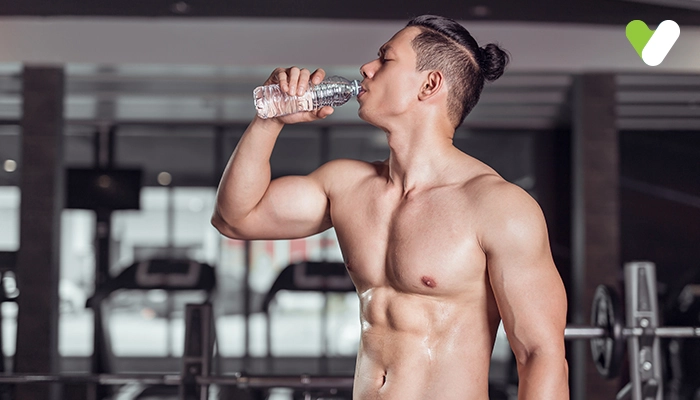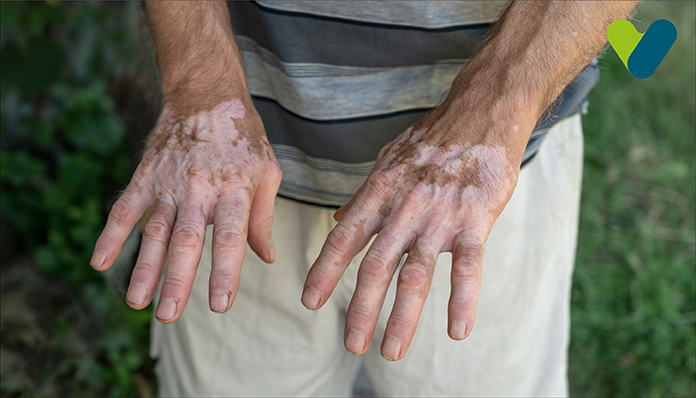Staying hydrated is the prime concern while exercising, especially in the month of summer when you sweat more due to the scorching heat of the sun. You should drink adequate water to prevent dehydration. During your workouts, you lose more water, both through your breath and through sweat. If you start feeling dehydrated, you may not work out properly. You may experience dizziness, fatigue, cramps, etc. So, to make your workout more efficient, drink plenty of water.
How much water should I drink? Let’s unearth the answer.
Water makes your body perform exercises efficiently. This smoothens your entire body and without it, you may feel soulless. Water is a pivotal ingredient for many chemical reactions in your body. If reactions slow down, then your healing process and muscle recovery will be slower. Your body won’t be able to function 100% efficiently.
On the other hand, a well-hydrated athlete feels stronger and performs workouts more vigorously. The heart doesn’t put any stress on pumping blood to other parts of the body. This means oxygen and other essential nutrients can be transported more efficiently to the muscles during your workout sessions. You will be more energetic, and now, you can perform the same exercises easily that you earlier struggled to perform when dehydrated.
Drinking water is beneficial for your body. But don’t consume too much water as it may have some adverse effects and one of which is called hyponatremia. This condition happens when blood becomes extremely diluted from drinking too much water. This lessens sodium levels in our bodies. Hyponatremia may produce some other symptoms like nausea, fatigue, headaches, and even death (in severe cases). So, follow proper hydration guidelines to avert all these symptoms.
How much water should you drink?
How much water should you drink before, during, and after a workout, let’s take a look?Always stay hydrated from the beginning of your exercise. Before starting your workout sessions, drink fluids throughout the day. After that, follow the below-mentioned formula.
- Drink 15-20 ounces of water one to two hours before your workout
- Just 15 minutes before the session, drink between 8 and 10 ounces of water
- During your workout, drink another 8 ounces every 15 minutes
Experts also recommend drinking 16 to 20 ounces of fluid for every post-workout session. If you want to lose weight from your workout, you may need a few extra things. Many people prefer sports drinks during a workout. But it is not recommended unless you are working out for a prolonged time. People whose workout sessions are less than an hour, just drink only water to rejuvenate their muscles.
Based on your weight and gender, the experts recommend water intake. So, this may not be the same for all and it may vary from individual to individual. People who are suffering from underlying health conditions such as kidney or liver disease may retain too much fluid and consult their doctors regarding their daily water consumption.
Longer and High-Intensity Workouts
If you are exercising moderate-to high-intensity workouts for more than 90 minutes, you may need to consume just more than water. If you are sweating high, you must go for a commercially available sports drink to refill glycogen (stored energy) that is lost during exercise along with easy-to-digest complex carbohydrates (like maltodextrin). These two replace the salts (electrolytes) lost in sweat.If you are exercising in stringent conditions for more than three hours, you may need something extra to replace electrolytes lost in sweat. These may include minerals like sodium, potassium, calcium, magnesium, and phosphate that your body demands to function properly.
For prolonged and high-intensity workouts, you should go for sports drinks that contain 60 to 100 calories per 8-ounce serving and consume 8 to 10 ounces every 15 to 30 minutes.


